In recent years, plastic drinking straws have become a target in the battle against single-use plastics. Spurred by viral videos and a growing environmental movement, many countries, including the UK, have implemented bans or restrictions on plastic straws. While these efforts are well-intentioned, they are often misguided. This article explores ten reasons why the ban on plastic drinking straws might not be the environmental victory it’s made out to be and we get to enjoy some pictures of animals using straws for a few laughs along the way, because this is a serious post that was some real truths not many people are ready for.
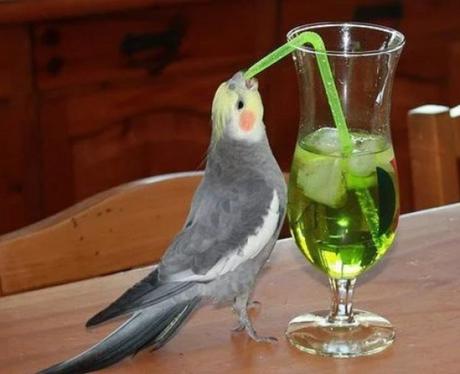
1. Minimal Contribution to Ocean Pollution
Plastic straws contribute only a small fraction to overall ocean pollution. According to some estimates, they make up just 0.025% of the 8 million tonnes of plastic waste that enter the oceans each year. The majority of ocean plastic comes from larger items such as fishing nets, plastic bags, and industrial waste. Banning straws, therefore, does little to address the core of the problem.

2. Focus on Straws Distracts from Bigger Problems
The focus on plastic straws has diverted attention from more significant environmental issues. While eliminating straws is a symbolic gesture, it fails to tackle the larger, more impactful sources of pollution. Energy and resources spent on the straw ban could have been better allocated to reducing plastic use in more substantial ways, such as tackling the massive amounts of single-use plastic packaging or improving recycling infrastructure.
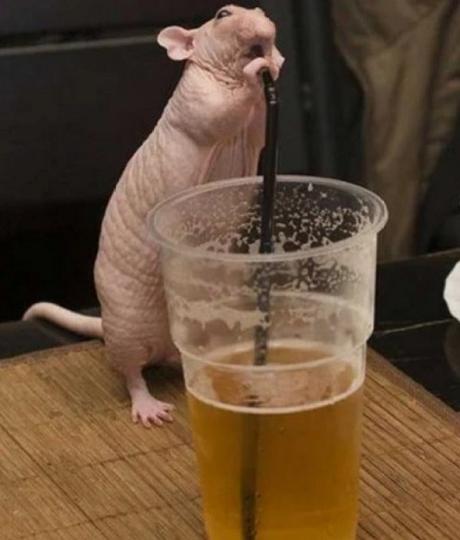
3. Replacement Products Aren’t Much Better
Many alternatives to plastic straws, such as paper, bamboo, or metal, come with their own set of environmental drawbacks. Paper straws, for instance, require significant resources to produce and often aren’t recyclable due to food contamination. Bamboo straws may be sustainable, but they are not as durable, leading to higher consumption rates. Metal straws, while reusable, have a much larger carbon footprint during production. In many cases, these alternatives are not a clear improvement over plastic straws.
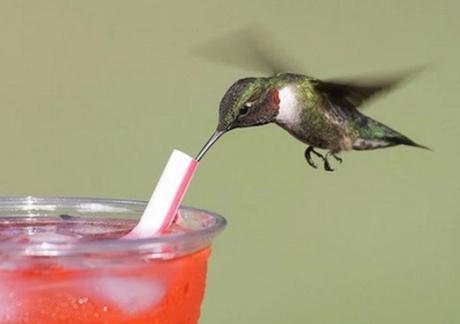
4. Economic Impact on Small Businesses
The shift away from plastic straws has imposed additional costs on small businesses. Alternatives are often more expensive, and the transition can be financially burdensome, particularly for small cafes, restaurants, and local shops. For businesses operating on tight margins, these increased costs can lead to higher prices for consumers or, in some cases, could even threaten their viability.
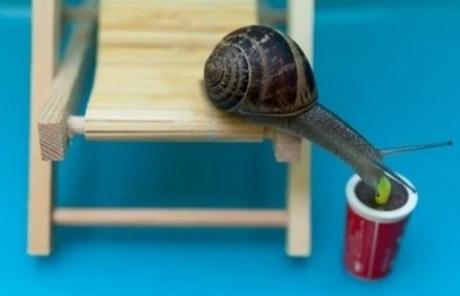
5. Impact on Disabled Individuals
One of the most overlooked consequences of the plastic straw ban is its impact on people with disabilities. Many disabled individuals rely on plastic straws due to their flexibility, durability, and ease of use. Alternatives like metal or paper straws often don’t meet the same needs, posing a significant inconvenience or even a risk to their health. The straw ban has shown a lack of consideration for inclusivity, neglecting the needs of a vulnerable population.
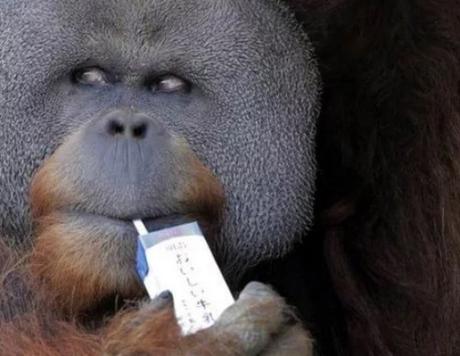
6. A Feel-Good Measure with Little Real Impact
The plastic straw ban has largely been a feel-good measure, providing a false sense of accomplishment rather than leading to real environmental change. While banning straws makes for good headlines and marketing, it does little to address the broader issues of plastic waste. This superficial approach risks giving people the impression that they are making a significant difference, when in reality, the impact is minimal.

7. Misdirected Resources and Efforts
Resources spent on promoting and enforcing the straw ban could have been more effectively allocated to initiatives with greater environmental impact. For instance, improving recycling systems, investing in renewable energy, or supporting conservation projects would likely yield more significant results. The focus on straws represents a misdirection of efforts that could be put towards more effective solutions.
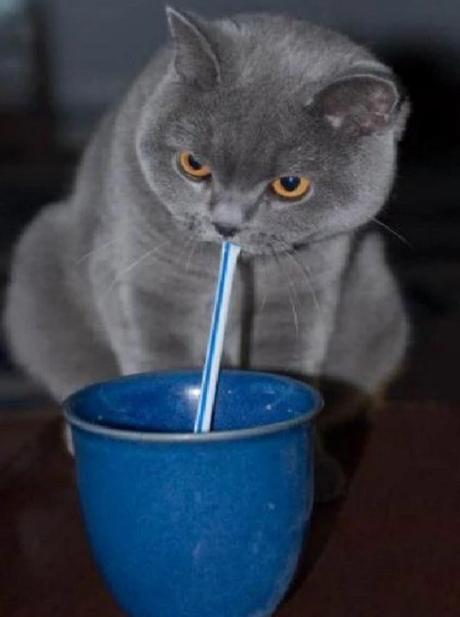
8. Plastic Straw Ban as a Political Tool
The ban on plastic straws has been used by politicians and companies as a tool to gain favour with the public, often without making substantial progress on environmental issues. It’s an easy win that allows them to appear environmentally conscious without taking on the more challenging, and often politically risky, tasks of addressing larger environmental problems. This approach can lead to public disillusionment with environmental policies when the promised benefits fail to materialise.
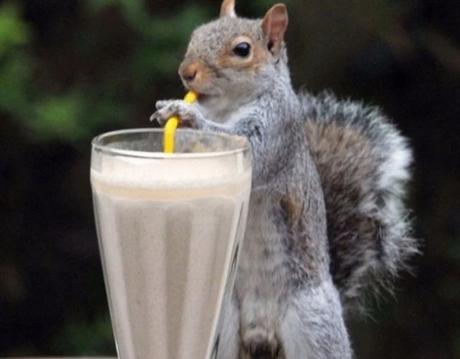
9. Cultural Resistance and Backlash
The plastic straw ban has also led to cultural resistance and backlash. For many, straws are a small but valued convenience, and the ban has been seen as an unnecessary overreach. This backlash could lead to broader resistance against environmental regulations, undermining efforts to tackle more critical environmental challenges. When people feel that their daily lives are being unnecessarily disrupted, they may become less supportive of other, more important environmental initiatives.

10. Sustainability of Alternatives Over Time
The long-term viability of alternative straws is questionable. Many of the replacements currently being used are less durable or more resource-intensive to produce. Over time, these alternatives may lead to new environmental problems, whether through increased consumption, production emissions, or waste management challenges. As these issues become more apparent, it could become clear that the rush to ban plastic straws was not the most sustainable choice.
While the ban on plastic drinking straws was introduced with good intentions, it may not have been the environmental victory it was hailed as. The minimal impact on ocean pollution, the unintended consequences for small businesses and disabled individuals, and the potential backlash against environmental regulation all suggest that this was a misguided effort. Rather than focusing on feel-good measures with little real impact, it is crucial to tackle the larger, more significant sources of plastic waste. If you still prefer the convenience and reliability of traditional straws, you can buy plastic drinking straws online from various retailers who cater to these needs while considering more comprehensive environmental actions.
If you’re concerned about plastic waste, consider supporting broader environmental initiatives that address the root causes of pollution. From improving recycling systems to advocating for better waste management policies, there are many ways to make a more substantial impact. Let’s focus on the bigger picture and work together for a more sustainable future.
Sadly the truth is that environmental issues are complex, and well-intentioned actions can sometimes have unintended consequences. It’s important to critically assess the measures we take and ensure they are truly effective. By shifting our focus to more significant environmental challenges, we can achieve more meaningful and lasting change.

